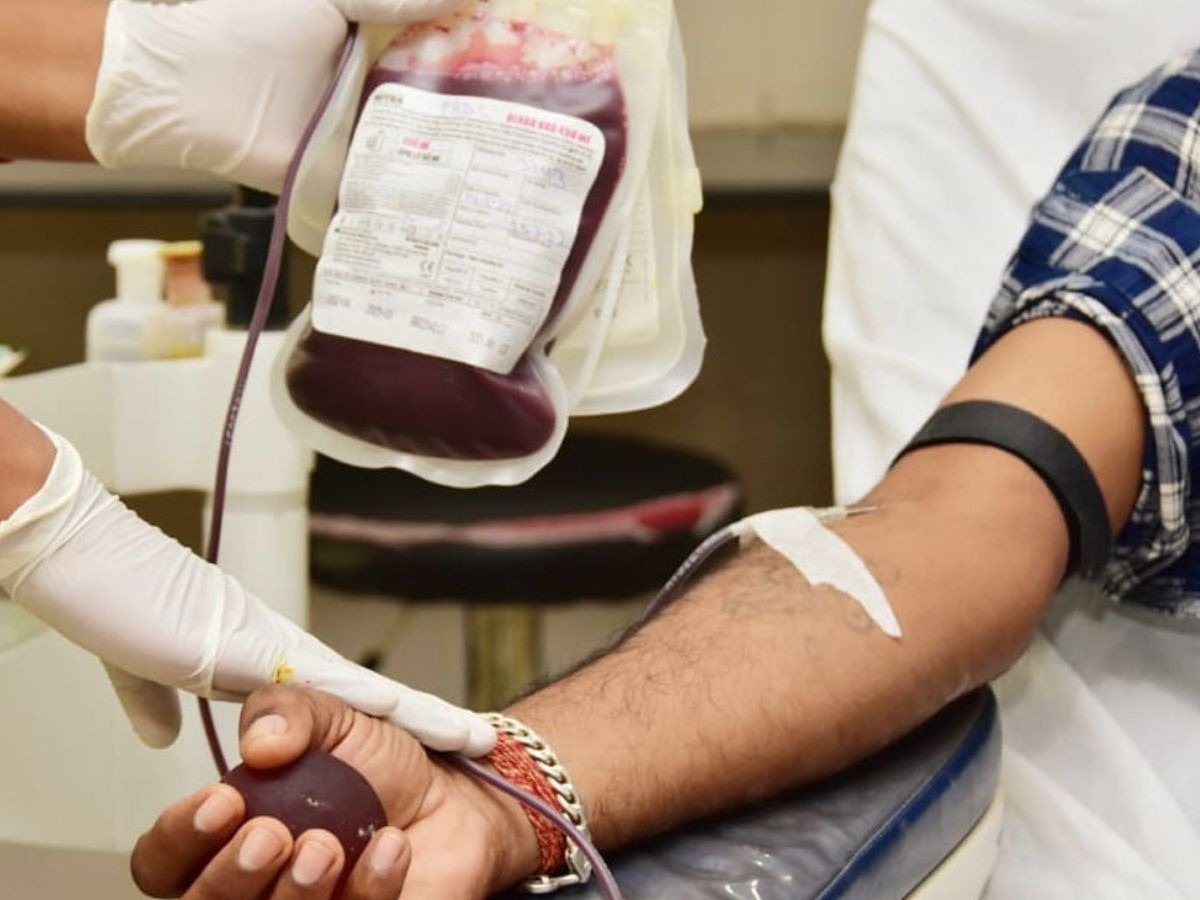 Thalassemia is a dangerous blood-related disease that affects children at birth. In this disease, the body is unable to produce enough hemoglobin, which can cause problems like fatigue, weakness, shortness of breath and frequent infections. In severe cases, thalassemia patients require regular blood transfusions. Blood donation is the only way to save the lives of these patients. Today in this article we will understand the importance of blood donation for thalassemia patients. Also, we will learn from the experts how to donate blood and light a ray of hope in the lives of children suffering from thalassemia.
Thalassemia is a dangerous blood-related disease that affects children at birth. In this disease, the body is unable to produce enough hemoglobin, which can cause problems like fatigue, weakness, shortness of breath and frequent infections. In severe cases, thalassemia patients require regular blood transfusions. Blood donation is the only way to save the lives of these patients. Today in this article we will understand the importance of blood donation for thalassemia patients. Also, we will learn from the experts how to donate blood and light a ray of hope in the lives of children suffering from thalassemia.
Dr. K Madan Gopal, Advisor, Public Health Administration (NHSRC), said that as a public health expert, I know that health problems have a profound impact on individuals and families. On the occasion of World Blood Donor Day, I am advocating voluntary blood donation to bridge the gap between demand and supply of blood and raise awareness about thalassemia care. Thalassemia is a significant health concern in India, affecting many individuals and families. Managing it and reducing its impact often requires constant medical attention and comprehensive health care strategies.
Challenges of Thalassemia in India
Despite advances in medical science and ongoing initiatives, the challenges faced by many thalassemia patients in India are still quite severe. These include lack of awareness, timely diagnosis and adequate treatment facilities. Addressing these issues is not just an option but an urgent need that involves legislative, medical and social interventions
Need for a Consolidated Blood Law
Introducing a consolidated blood law is not just a suggestion but a necessity. This comprehensive law is a lifeline for thalassemia patients, ensuring the safety of blood transfusions and preventing deaths from transfusion-transmitted infections such as HIV and hepatitis C virus (HCV). The law should mandate the use of nucleic acid testing (NAT) for HIV, HCV and other infections across India. Such measures will guarantee a safe blood supply and significantly improve the quality of life of thalassemia patients by reducing the risk of diseases and complications associated with blood transfusions.
Support from Advocacy Groups
Organisations like the Thalassemia Patient Advocacy Group are not only dedicated to protecting the overall interests of individuals suffering from thalassemia, but they are the backbone of our fight against thalassemia. They are vital in raising awareness about the condition, advocating for better healthcare and legislative support, and providing the necessary care to thalassemia patients.
 Suspense Crime Sach Ka Dam
Suspense Crime Sach Ka Dam


